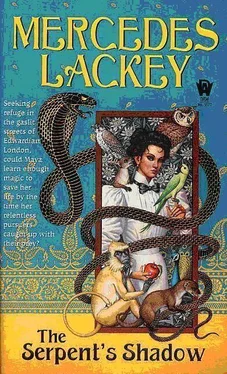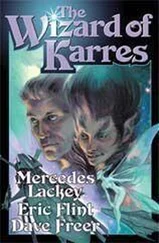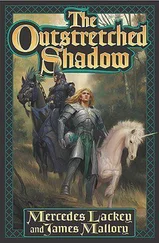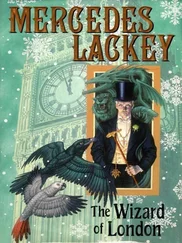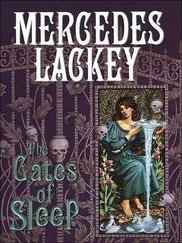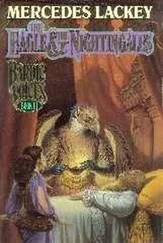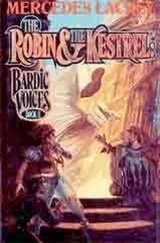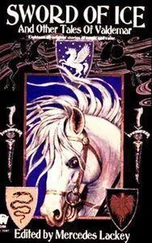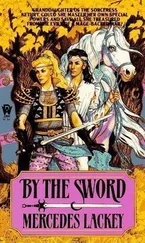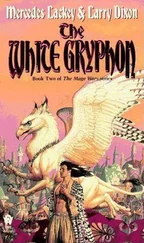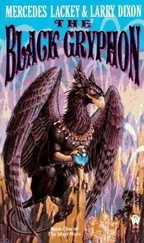|

|
Mercedes Lackey
The Serpent’s Shadow
scanned by Ginevra
corrected by flipsake
|
|
Maya's father was a perfectly respectable British doctor in Victoria's Army, which was stationed in India. While the British were despised by most of the people of India, her father was liked and even admired by those he cared for. But then he fell in love with Surya, a beautiful, compelling, and magical native. They ignored the taboos of both their cultures, married, and produced a child. Her name was Maya, and she was instantly an outcast in both cultures.
Although Maya's parents tried to raise her awareness of the realities of being a Eurasian child, even they were unprepared for the hatred of Shivani, Surya's twin sister. Shivani hated all things British -- and half-British. She first caused the death of Maya's mother, and then her father. Maya knew she was next.
Having inherited both the skills of her father as a doctor and the magical abilities of her mother, albeit without the proper training, she felt she had no choice but to move to England.
Once in England, Maya's drive to learn more about magic and medicine propels her forward into some unlikely situations and revelations. She discovers that her mother was right about one thing: Maya is, in fact, the prophesied Earth Master.
|
Copyright © 2001 by Mercedes R. Lackey.
All Rights Reserved.
Cover art by Jody A. Lee.
DAW Book Collectors No. 1177.
DAW Books are distributed by Penguin Putnam Inc.
Book designed by Stanley S. Drate/Folio Graphics Co. Inc.
All characters and events in this book are fictitious. All resemblance to persons living or dead is coincidental.
If you purchase this book without a cover you should be aware that this book may have been stolen property and reported as "unsold and destroyed" to the publisher. In such case neither the author nor the publisher has received any payment for this "stripped book."
First Paperback Printing, March 2002 123456789
This E-BOOK is NOT for sale!!!
DAW TRADEMARK REGISTERED U.S. PAT. OFF. AND FOREIGN COUNTRIES —MARCA REGISTRADA HECHO EN U.S.A.
PRINTED IN THE U.S.A
for Mike Gilbert we'll miss you
Dear readers, One of the joys of writing historical fantasy is the occasion to use existing quotes or references to actual events. However, as a fantasy writer I reserve the right to bend history as well as create magic. So as you read, if you happen to come across a cited event or quotation which seems inaccurate to the period, please humor me, and remember that the world of this book is not our world, but a place which exits only in my imagination.
Mercedes R. Lackey
LEADEN, self-important silence isolated the chief surgeon's office from the clamor of the hospital and the clangor of the street outside. A rain-dark day, a dim, chill room filled with cold, heavy, imposing mahogany office furniture and lined with ebony bookshelves containing dreary brown leather-bound volumes so perfectly arranged that it was not possible that any of them had ever been taken down and used—the room in which Maya found herself was designed to cow, confine, and intimidate. But Maya Witherspoon, though depressed by an atmosphere so alien to her native India, had spent most of her life perfecting the art of keeping a serene and unreadable expression on her face. All that practice stood her in good stead now.
Across from her, enthroned behind his mahogany desk of continental proportions, sat Doctor Octavian Clayton-Smythe, Chief Medical Officer of St. Mary's Hospital, Paddington, in the rattling heart of London.
One of Kipling's "little tin gods," she thought irreverently, clasping her ice-cold, black-gloved hands tightly on top of the handbag in her lap. He would fit in quite perfectly in the Colonial Service. Stiffly propped up in his armor of utter respectability ... sure of his importance, so intent on forcing others to acknowledge it.
Cocooned in the somber black woolen suit of the medical profession, as if he sat in mourning for all the patients he had managed to kill, he frowned down at the results of her various academic examinations— results that should leave no doubt in the mind of any sensible person that she was fitter to be granted the sacred title of "Doctor of Medicine and Surgery" than a good many of the young men who would have that very accolade bestowed on them in the course of this year of Our Lord, 1909. In point of fact, she already had that title—in her homeland of India. This, however, was not India; it was London, England, the heart of the British Empire and of civilization as the English knew it. And as such, there were two distinct handicaps to her ambition that Maya labored beneath at this moment. The first was her sex. Although female doctors were not unknown here, there were no more than three hundred in the British Isles, and most probably the actual number was less than that.
The second was that although Maya's father had been a perfectly respectable British doctor serving in the Army, stationed at Delhi, and although Maya herself had obtained her degree as a physician in the University of Delhi, her mother had not been a fellow exile. She had been a native, a Brahmin of high caste. And although in India it had been Surya who had wedded far beneath her state, the reverse was true here, and Maya, as a (to put it crudely) half-breed, bore the sign of her mother's non-English blood in her dusky complexion. All else could be disguised with education, clothing, careful diction, but not that. Maya's knee-length black hair had been knotted into a pompadour and covered with a proper hat and veil, her body wrapped in good British wool of proper tailoring, her accent trained away with years of careful, self-imposed lessons in speech. Yet none of that mattered very much to someone who was so fiercely determined to consider Maya as one of the barbaric and alien "They."
It was raining again outside the hospital; it seemed to Maya that it was always raining here. Cold wind blew the raindrops against the glass of the office windows, and Maya was glad of the warmth of her woolen suit coat—for she, too, was encased in the feminine version of the uniform of the office she aspired to, plus the added burden of corset, petticoats, and all the other wrappings deemed necessary to "decent" dressing. Doctor Clayton-Smythe had a gas fire laid on in his office, but he had not bothered to have it lit. Perhaps he didn't feel the cold; after all, it was spring by the British calendar, and the good doctor had plenty of good English fat to insulate him, seal-like, from the cold.
He looks more like a walrus, though. I believe he probably bellows at his wife, and means as much by it as a walrus bellowing at his little cow.
Doctor Clayton-Smythe cleared his throat, immediately capturing her attention. "Your results are . . . remarkable," he said cautiously.
She nodded, part modest acknowledgment, part caution on her own part. In a way, she felt strangely calm; she had been nervous before this battle, but now that the enemy was engaged, her mind was cool, weighing every least inflection. Not yet time to say anything, I think.
Now the doctor looked up, at long last, meeting her eyes for the first time. He was a heavy man; the English staple diet of cream, cheese, beef and bread, vegetables boiled to tastelessness, heavy pastry, and more beef, had given him a florid complexion and jowls that were only imperfectly hidden behind old-fashioned gray mutton-chop whiskers and a heavy mustache, a salt — and — pepper color that matched his hair. If he doesn't yet suffer from gout, he will, she thought dispassionately, and his heart will not long be able to maintain his increasing bulk. Gray hair, neatly trimmed, and rather washed-out blue eyes behind gold-rimmed glasses completed the portrait of a highly successful physician and surgeon; the head of his hospital, and a man who could deny her not only the right to practice here in his hospital but certification to practice medicine in the British Isles if he chose to exert his influence. However, Maya had chosen her adversary with care; if this man certified her, no one in the United Kingdom would ever deny her expertise.
Читать дальше
